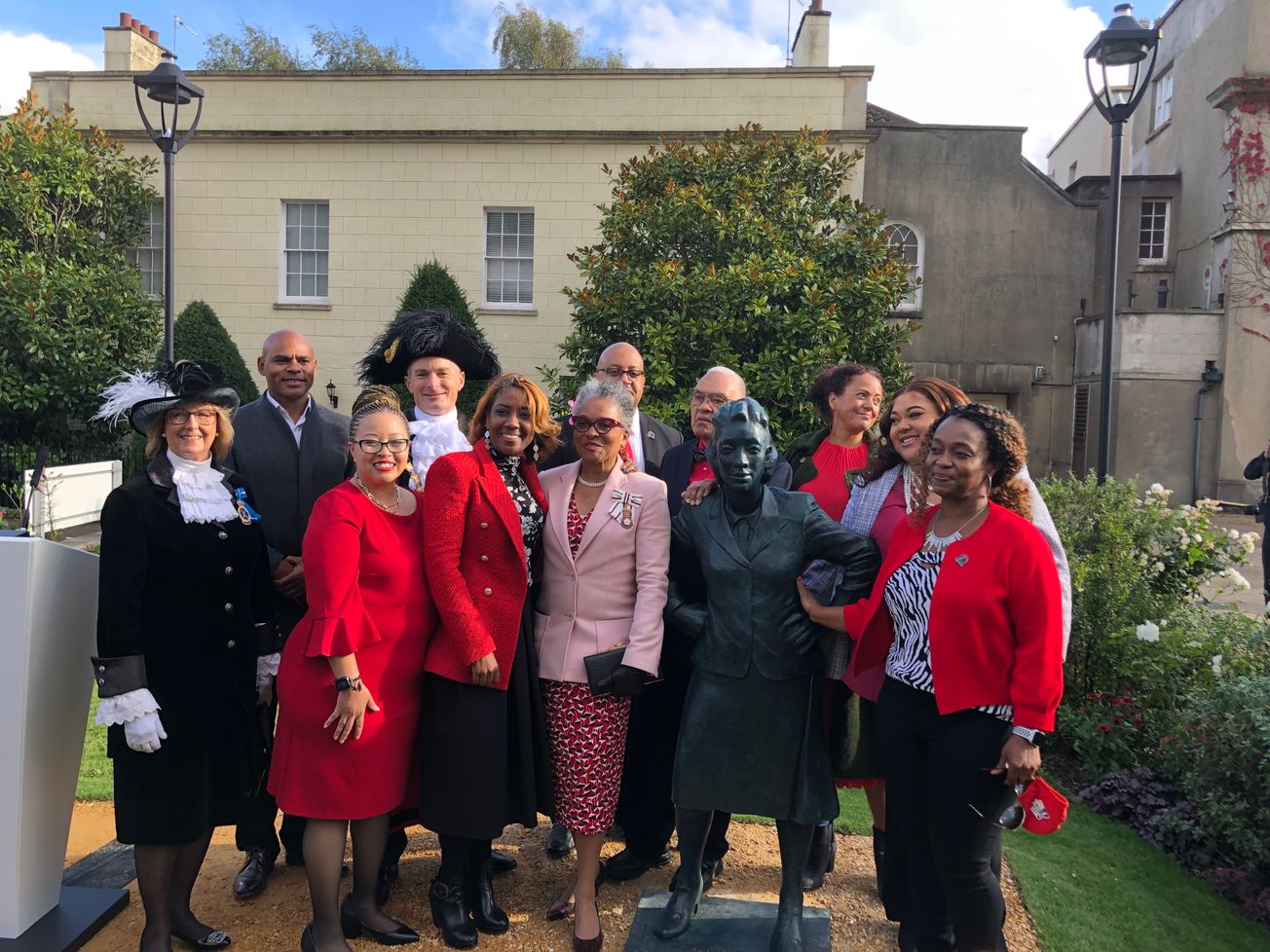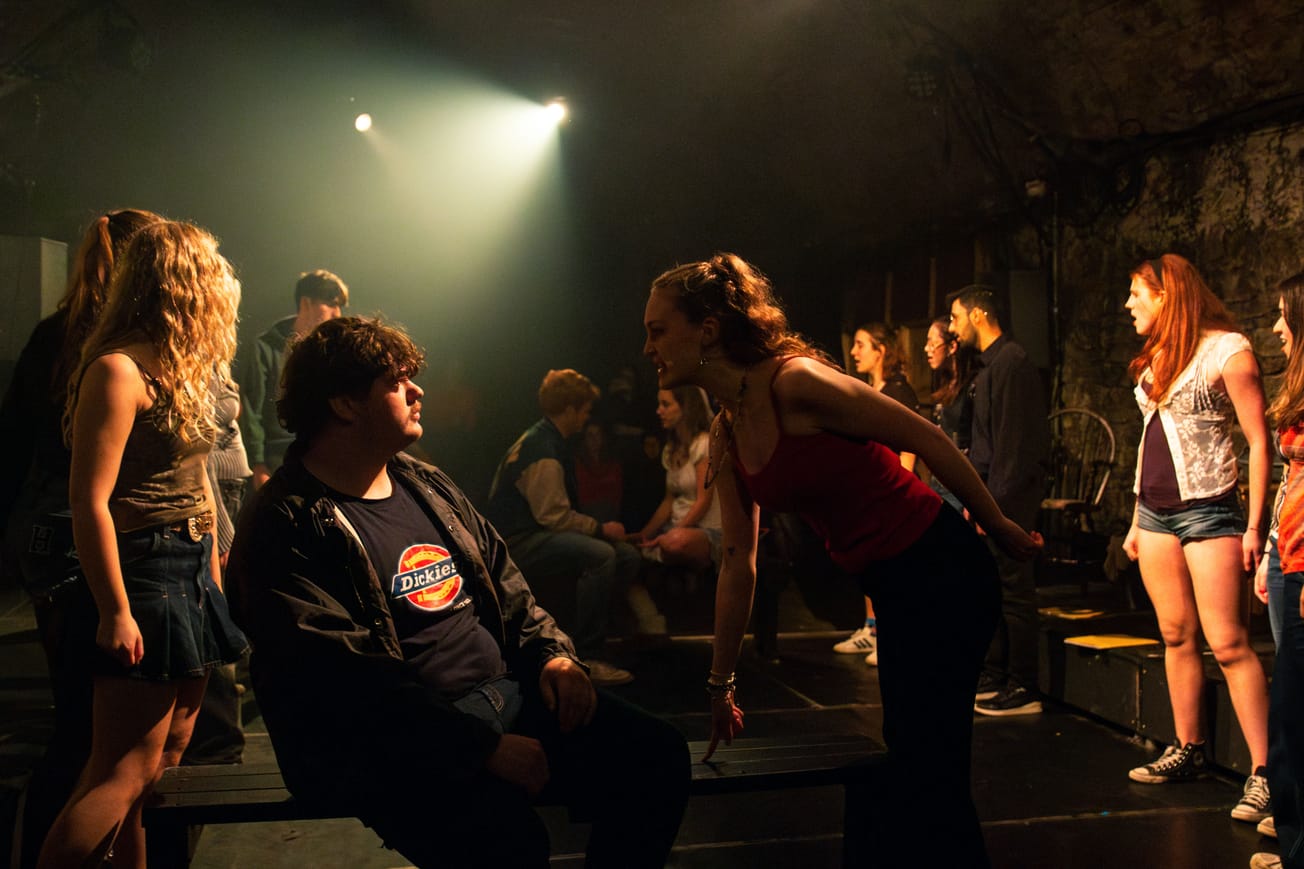By Kate Bowie, Co-Deputy Arts Editor
This Monday a life-sized bronze statue of Henrietta Lacks, a Black African-American woman whose cells have led to countless medical breakthroughs, was unveiled by her family at the University of Bristol.
The statue, created by local artist Helen Wilson-Roe, was commissioned by the University following the exhibition of two of Helen’s portraits at Wills Memorial Building, one picturing Henrietta Lacks, the other featuring Bristol’s first Black female Lord Mayor Cllr Cleo Lake. The piece is the first permanently installed public statue of a Black woman by a Black woman in the UK.
Teary eyed, Helen recounted in her speech how the project was over 20 years in the making after being inspired by a documentary on the incredible story. She later got in contact with the Lacks family and eventually visited them in America.

Dying of an aggressive form of cervical cancer age 31 in 1951, Henrietta Lacks was not to know that a sample of her tumours tissues would change the course of history. Scientists discovered the cells could proliferate indefinitely and created the first ‘immortal’ human cell line.
Her cells, which became known as HeLa cells, helped develop the polio vaccine, aided gene-mapping improvements and were most recently used at the University of Bristol for COVID-19 research.
While Henrietta Lacks’ cells have improved countless lives, it was only in 1975 that her family discovered the enormous role she had played in medical history. Neither her, nor her family, ever gave consent for the cells’ use.
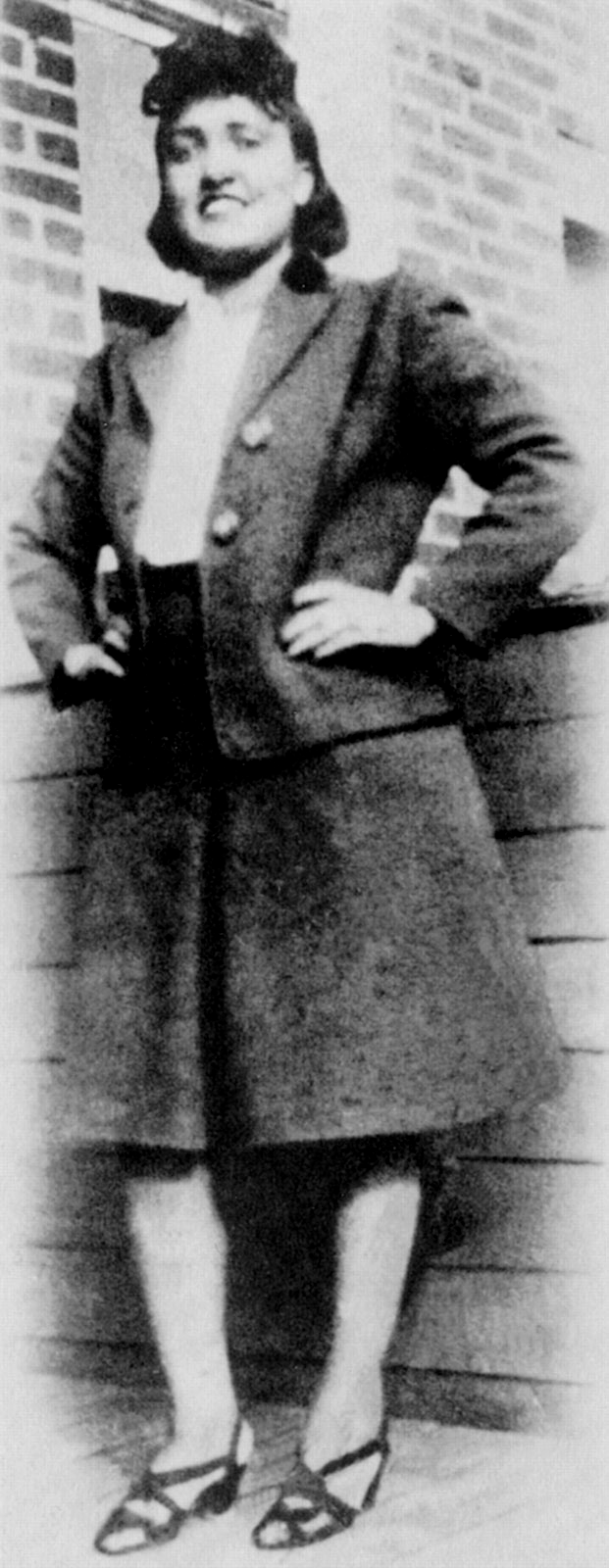
‘As the world commemorates 70 years since Henrietta Lacks’ HeLa cells changed the world, we also reflect on my grandmother's untimely passing’ Henrietta Lacks’ Granddaughter Jeri Lack-Whye said.
‘It is only fitting that she be memorialised to educate future generations on her legacy and the importance of advancing health equity and social justice for all’ she continued.
The event was streamed to attendees world-wide, and focused on both the incredible advancements brought by HELA 100 cells and the health equity and social justice issues Henrietta Lacks’ story raise. The unveiling marks the beginning of The Lacks Family worldwide education and advocacy tour, named HELA100: The Henrietta Lacks Initiative.
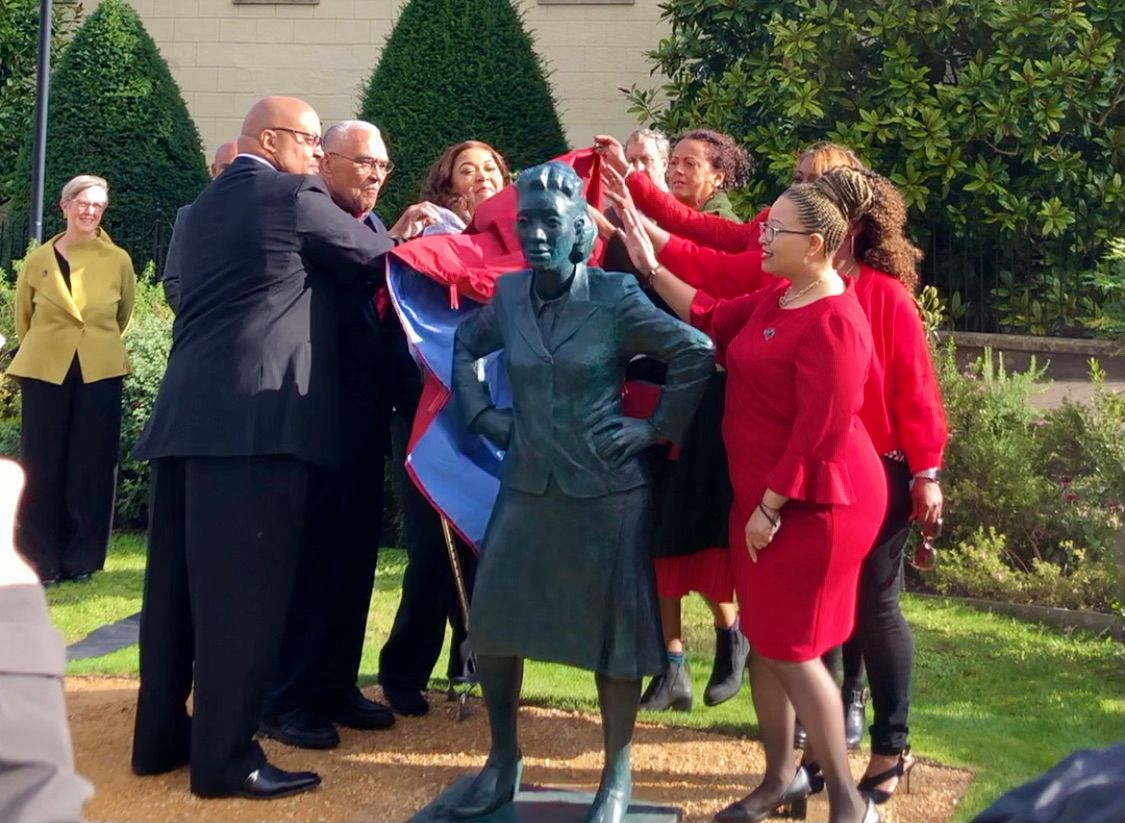
‘The Lacks Family is honoured to begin our HELA100 worldwide tour with the University of Bristol and Helen Wilson Roe for the unveiling of this historic statue’ Jeri said.
Professor Jeremy Tavare, Dean of the Faculty of Life Sciences at the University of Bristol is sure the statue’s presence will remind students of ‘a range of important ethical issues’ to make ‘sure that all our life science students leave Bristol with a full appreciation of this important topic.’
The Faculty, he continued, ‘made a commitment to this when we created the new Faculty of Life Sciences and published our strategy three years ago. Progress in science is never easy but by harnessing the diversity of ways people think about and approach problems we will more easily solve them.’
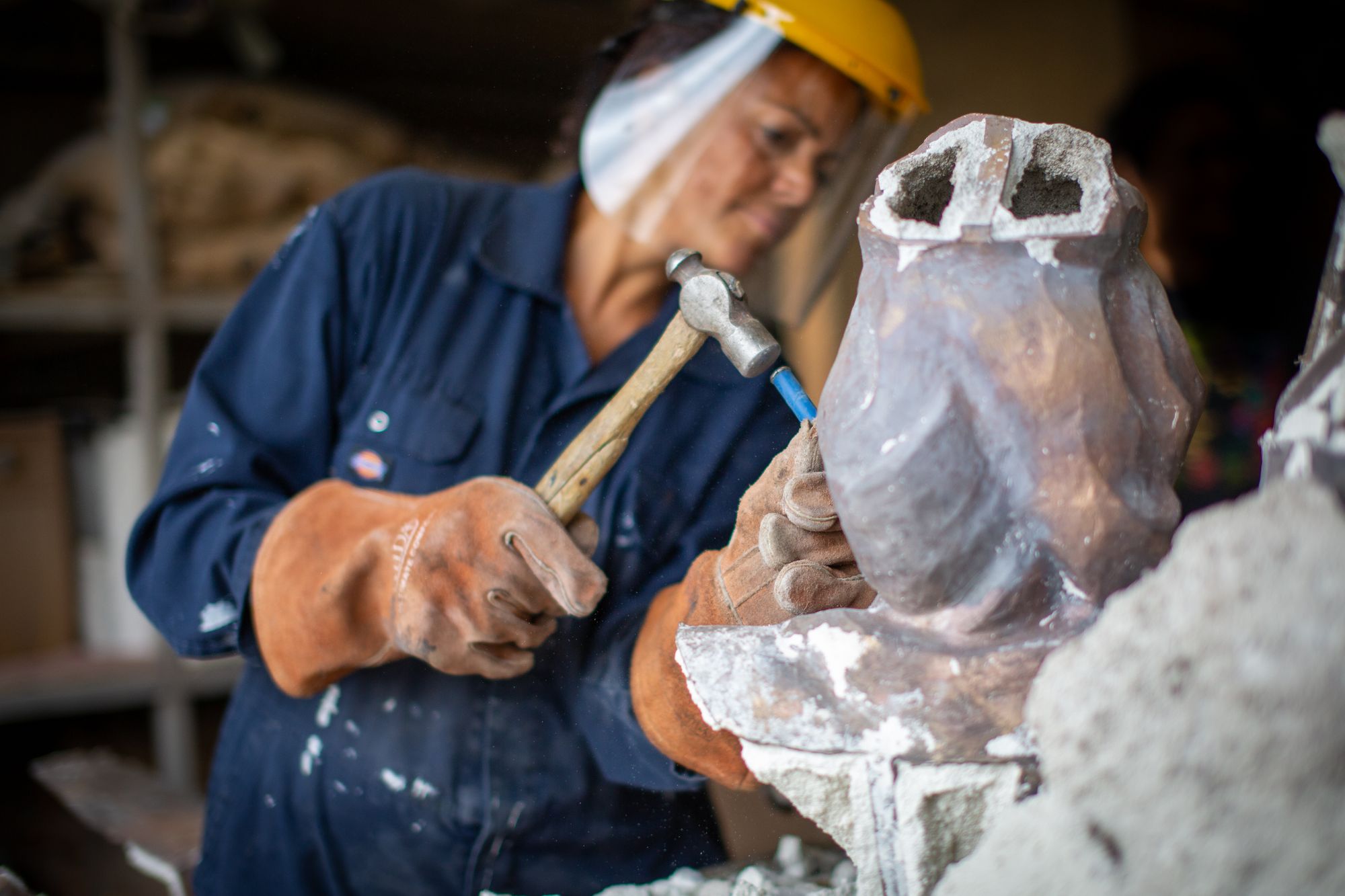
Given the toppling of the Edward Colston statue this summer, Bristol’s relationship with statues has been a tumultuous one. ‘There is an interesting circularity to the unveiling of Henrietta’s statue’ Professor Tavare said.
‘From today, Bristol will be forever linked to Henrietta and the Lacks family’ Helen Wilson-Roe stated. ‘Given her heritage as an African American woman and Bristol’s link to the slave trade this is an important statement for Bristol.
‘As a child growing in the Bristol area, there were no statues of Black women so right now knowing that my children and their children will be able to see this statue is fantastic for anyone who feels side-lined, exploited or ignored.’
Featured image: Kate Bowie
Had you heard of Henrietta Lacks?

